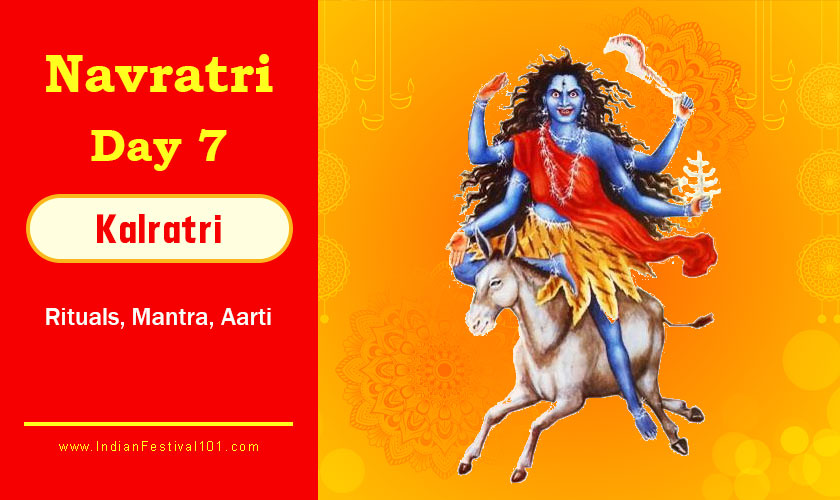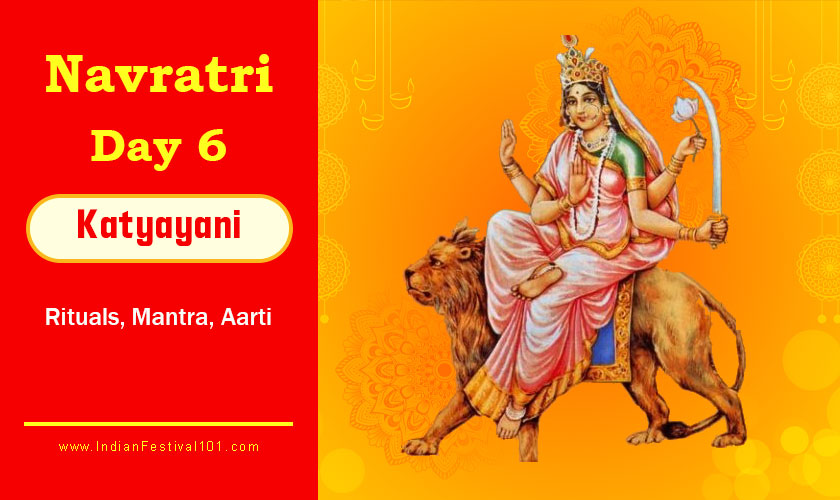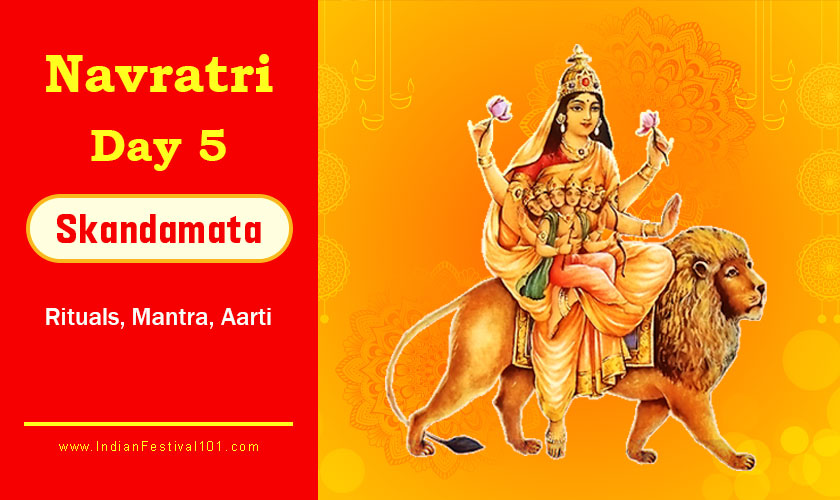Navratri celebration become more vibrant and colorful with colours. Every year, we get a different set of 9 colours of Navratri. Devotees often dress in those colours to symbolize the 9 forms of goddess Durga. How Navratri colours are decided? You will find here the 9 colours of October Navratri 2023. You will also know the Navratri colour meaning and significance
Introduction
Navratri Colours traditions are commonly followed in the western region of India. In Maharashtra and Gujarat, girls, women and even some enthusiastic men also follow the colours by wearing a Saree or dress of the colour of that day. This tradition is followed throughout from the first day to the 9th day of Navratri. Devotees not only wear those coloured dresses for that day but also decorate the idol of the Goddess in that particular colour. The devotees offer a particular coloured Saree to the Goddess each day. Each colour has a significance of its own and represents different forms of the Goddess.
Significance of 9 Colours of Navratri
The 9 colours of Navratri hold significant symbolism in Hindu culture. They represent the 9 forms of the goddess Durga that are worshipped during this festival. By wearing dresses in these colours during Navratri, devotees not only pay homage to the various forms of the goddess but also imbibe the qualities and energies associated with each colour into their lives. It’s a way of aligning oneself with the divine attributes and seeking blessings for different aspects of life.
9 Colours of Navratri 2023
| Shardiya Navratri Colours 2023 | |||
| S.N. | Date | Day | Colour Name |
| 1st Day | 15 October | Sunday | Orange |
| 2nd Day | 16 October | Monday | White |
| 3rd Day | 17 October | Tuesday | Red |
| 4th Day | 18 October | Wednesday | Royal Blue |
| 5th Day | 19 October | Thursday | Yellow |
| 6th Day | 20 October | Friday | Green |
| 7th Day | 21 October | Saturday | Grey |
| 8th Day | 22 October | Sunday | Purple |
| 9th Day | 23 October | Monday | Peacock Green |
Also Read- 9 Days of Navratri
How Navratri Colours Are Decided?
During the Navratri festival, we get a different set of 9 colours each year. How these colours are decided..?
The secret of the colours changes every day on the day on which it starts. The first colour of the Navratri is decided based on the weekday when Navratri begins and the remaining 8 days follow a fixed cycle of colours. So it follows a pattern-
During Weekdays such as first Monday, Tuesday, Wednesday, Thursday, Friday, Saturday and Sunday will be having White, Red, Royal Blue, Yellow, Green, Grey and Orange. In whichever order, they come. 7 days hence 7 colours.
The first repeating weekday is in the second cycle of the week the colours followed are Pink and purple and/or sky blue alternatively. + 2 remaining days +2 colours
Also Read- Why is Navratri Celebrated
9 Colours of Navratri Meaning
Navratri Orange Colour Meaning
One of the Navratri colours is Orange. The orange colour is made up of red and yellow colours. Red colour signifies positive energy whereas yellow colours signify happiness. You can collectively say that the Orange colour signifies positivity and happiness.
Navratri White Colour Meaning
Navratri’s second colour is white. White colour is synonymous with purity and innocence and brings inner peace and security to a person.
Navratri Red Colour Meaning
The third colour of Navratri is Red. The red colour is the colour of energy, love, and creativity which indicates strong leadership signs.
Navratri Royal Blue Colour Meaning
The fourth colour of Navratri is Royal Blue. Royal blue stands for panache and elegance. It represents richness and tranquillity.
Navratri Yellow Colour Meaning
The fifth colour of Navratri is Yellow. The colour stands for optimism and joy. This warm colour keeps the person cheerful all day. The yellow colour is the identification of happiness, freshness, and brightness.
Navratri Green Colour Meaning
The sixth colour of Navratri is Green. The colour green symbolizes new beginnings. The green colour is to evoke a sense of growth, fertility, peace, and serenity.
Navratri Grey Colour Meaning
The seventh colour of Navratri is Grey. In Navratri colours, grey colour is the best and signifies the power of conceptual understanding and peace. This colour balances emotions and keeps the person down-to-earth.
Navratri Purple Colour Meaning
The eighth colour of Navratri is Purple. The colour represents richness and opulence.
Navratri Peacock Green Colour Meaning
The ninth colour of Navratri is Peacock Green. The Colour peacock green represents beauty and Compassion. It is also a sign of integrity.




